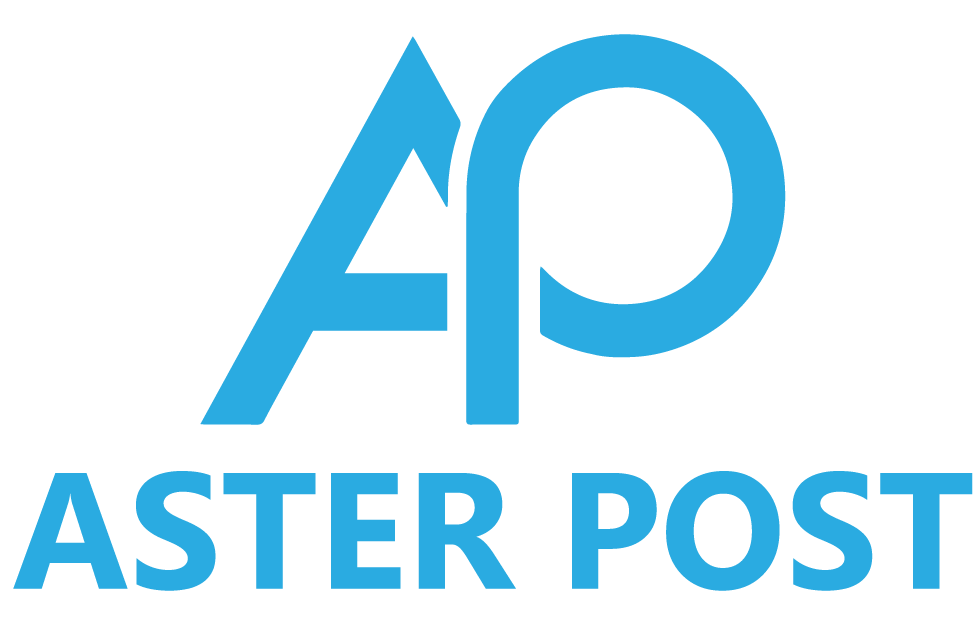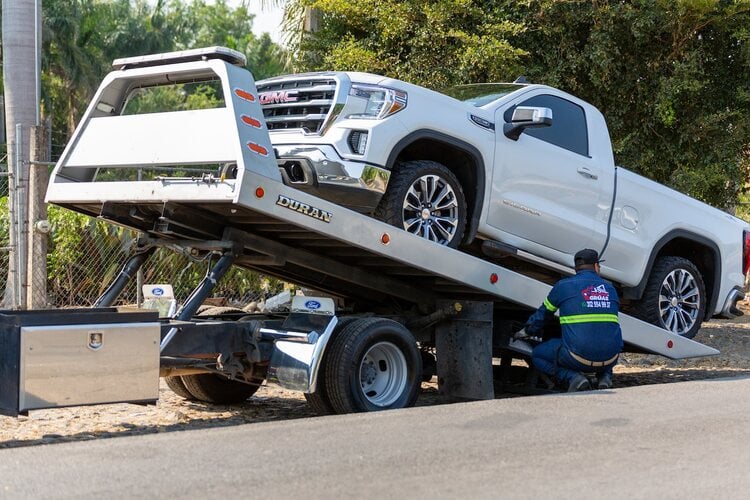Starting a car hauling business can be a lucrative endeavor for entrepreneurs looking to break into the transportation industry. Specifically, a non-CDL (Commercial Driver’s License) car hauling business provides a viable option for those wanting to transport fewer vehicles over shorter distances. Unlike businesses requiring CDLs, the non-CDL route allows for a less complicated entry into the field. Here is a comprehensive guide on how to start your own non-CDL car hauling business.
Research and Planning
Market Research
The first step is understanding your market. Identify who your potential customers are, where they are located, and what their specific needs are. Determine the level of demand and competition in your chosen location.
Business Plan
Create a business plan outlining your mission, vision, target market, operational plan, financial projections, and marketing strategy. A well-prepared business plan can also help you secure financing.
Legal Requirements
Business Structure
Decide on the type of business structure that best suits your needs, such as a sole proprietorship, partnership, or LLC. Each has its own tax implications, liability, and reporting requirements.
Licenses and Permits
You will need various local, state, and federal licenses and permits to operate legally. These may include a general business license, Employer Identification Number (EIN) from the IRS, and specialized transportation permits.
Insurance
Insurance is crucial in the transportation industry. At a minimum, you will need liability and cargo insurance. Consult with insurance providers to tailor a package that best fits your business needs.
Equipment
Vehicles
Since this is a non-CDL business, your hauling vehicle should not require a Commercial Driver’s License to operate. However, it should still meet all the specifications necessary for car hauling, such as towing capacity and safety features.
Trailers
Select a trailer that can haul the number of cars you plan to transport. Open trailers are generally less expensive but offer less protection to the vehicles, whereas enclosed trailers provide more protection but are costlier.
Operations
Sourcing Clients
Once the business is legally established and you’ve acquired the necessary equipment, the next step is sourcing clients. Utilize online marketing, networking events, and partnerships with related businesses to acquire customers.
Pricing
Determine your pricing strategy. Will you charge by the mile, by the hour, or per car? Consider your operational costs and market rates when setting your prices.
Contracts and Agreements
Always draft legal contracts for each hauling job, specifying terms, responsibilities, and liabilities. These protect both parties and clarify expectations.
Marketing and Scaling
Digital Presence
Create a website and use social media to boost your online presence. Customer testimonials and before-and-after photos can be compelling for prospective clients.
Expanding Services
As your business grows, consider expanding your services to include additional vehicles, long-distance hauling, or other specialized transportation services.
Conclusion
Starting a non-CDL car hauling business can be a profitable venture if approached with thorough research, planning, and dedication. Compliance with legal requirements, acquiring the right equipment, and effective marketing are all essential steps to making your business a success. As always, consult professionals in legal, financial, and industry-specific matters to guide you through the intricacies of launching your car hauling business.
FAQs
A non-CDL car hauling business involves transporting vehicles without requiring a Commercial Driver’s License (CDL). Typically, these businesses use standard pickup trucks or trailers to move cars, making it an accessible option for entrepreneurs.
While you don’t need a CDL, it’s essential to research and comply with local and state regulations regarding vehicle transportation, permits, and insurance. Additionally, having a good driving record is crucial.

